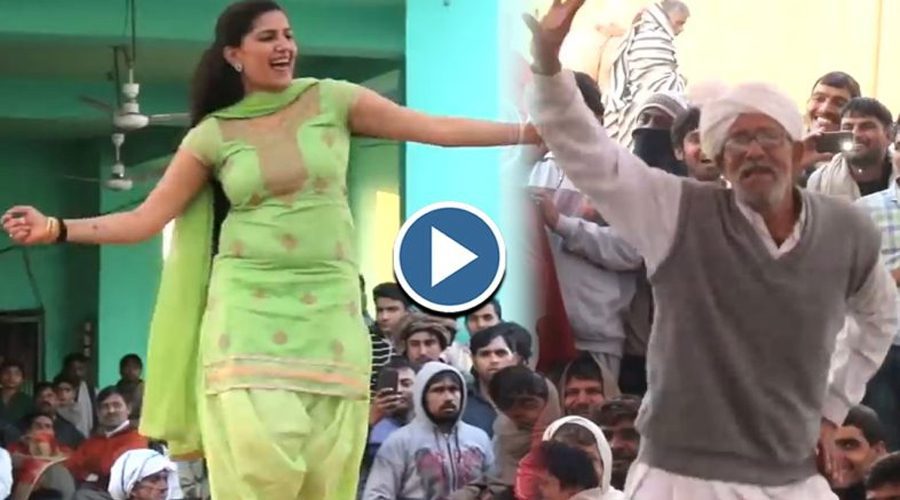NGO claims existing anti-rape law gender-neutral: Section 375 of the Indian legal code, that deals with rape, isn’t gender neutral within the light-weight of the recent Supreme Court ruling decriminalizing gay sex, claims a plea filed within the apex court.
NGO claims existing anti-rape law gender-neutral –
“It is imperative to notice that transgenders together with however not restricted to homosexuals & bisexuals, and men square measure sequestered from the purpose of reading of victims of rape beneath the present penal laws of the country, despite AN imminent would like for the same”, the plea filed by organisation voters for Peace and Justice reads.
The petition, that is listed before a bench diode by jurist of Asian country Ranjan Gogoi, seeks direction to redefine rape laws.
“The intention of the petitioner isn’t to undermine the experiences of girls subjected to rape and discrimination. But, as society matures, we have a tendency to should develop sympathy for all and this includes male and transgender rape victims,” it says.
“Thus, breaking our silence on the difficulty of male and transgender rape and questioning social constructs that glorify masculinity, scale back men and transgenders to stereotypes and force them to mask their feelings, is what we want,” it adds.
The plea depends on the August 2017 order lapsed a nine-judge bench of the highest court that declared privacy an elementary right. It additionally cited the NALSA judgment that recognized transgenders because of the third gender.
“The load to vary this ideology is partially upon the social group perspective and partially on the incumbent legal framework of the country. If the legal authorities of the country don’t read the chance and plight of rape aside from inflicted by a person over a lady, then it’d be rather troublesome to infuse that sensitization in our worldview.”
“The lack of acknowledgment of male and transgender rape has compact the power of victims to acknowledge their own victimization,” the plea reads.
The existing rape law
Section 375 that defines the availability of rape is seen as archaic because it says, “Sexual intercourse by the person together with his own woman, the woman not being beneath fifteen years more matured, isn’t rape.”
Section 376 of IPC provides social control for rape. in step with the section, “the aggressor ought to be censured with imprisonment of either description for a term that shall not be but seven years however which can be life or for a term extending up to ten years”. The defendant “shall even be susceptible to fine unless the lady raped is his own woman, and isn’t beneath twelve years more matured, within which case, the defendant shall be censured with imprisonment of either description for a term which can be two years with fine or with both”.
The organization submits that Section 377 – before the courts stepped in, “criminalized each participant whereas together with male victims in Section 375 would have criminalized solely the aggressor and not the victim.”
This loophole discourages male and transgender rape victims from complaintive against their rapists because it could cause their prosecution likewise. The 1860 version of the IPC additionally unnoticed sex while not consent between a husband and woman (marital rape), a clause that’s missing from “our anti-rape laws even today”, the organization argued.
Read More – Yogi Adityanath is doing what’s best for him, BJP: Developing Ayodhya, organizing events to keep popular sentiment alive


